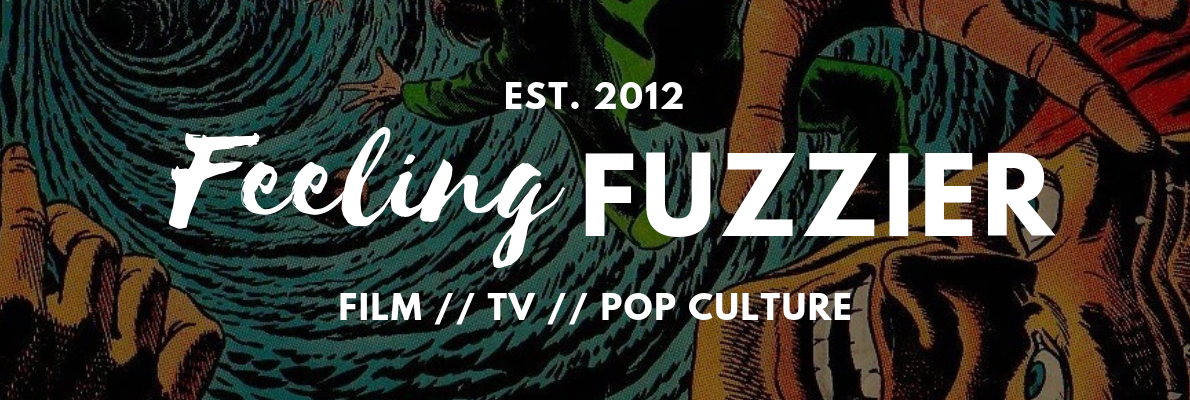
BioWare's recent remaster of the original Mass Effect trilogy has meant I've had the opportunity to play one of my favourite game franchises back-to-back-to-back for the first time in forever; and it's the stellar second game which got me reflecting on the nature of middle chapters, and their tendency to skew darker, deeper and stranger.
By every quantifiable measure, Mass Effect 2 is better than its predecessor. Visually, it's bigger in size and scale; narratively, it's more ambitious and audacious. But what makes Mass Effect 2 so compelling are the ways in which the game distances itself from the first; at every turn, the developers are going out of their way to make this entry different and more daring than what came before.
Even before it's release, BioWare was describing Mass Effect 2 as its 'Empire Strikes Back' – which, in film circles, is shorthand for something 'darker and more dangerous' that subverts expectation.
And it's not an unfair comparison either; in Star Wars, the whimsy and adventure that characterised George Lucas' breakout hit was jettisoned in Irvin Kershner's sequel, and replaced with an awkward transitionary chapter that was leaner, meaner and filled with dramatic gambits that left our heroes battered and bruised. There were no medals dished out at the end of Empire Strikes Back; only wounds to lick.
The same can be said of Mass Effect. In the first game, irrespective of the player's choices, Commander Shepard succeeds in saving the Citadel and defeating rogue spectre Saren and his Reaper puppeteer, Sovereign. There are some divergences along the way, but the hopeful ending is set in stone.
In contrast, Mass Effect 2's final mission can end with rousing success or a bruising, bittersweet conclusion where the day is won, but everyone, including the protagonist, is dead. Make the wrong choices or ally yourself with the wrong people, and your mission could be over before it's even begun.
But the ending is not the only way in which the sequel upends expectation. Right from the get-go, the game lets you know where you stand. We open in media res, and even before the title card is splashed across the screen, our hero is dead, with their ship destroyed and their crew scattered to the winds. This isn't just 'another routine mission' – not long after the shocking opening salvo, a newly-resurrected Commander Shepard, who has just spent two years on the operating table, is working with Cerberus, an extremist splinter group, rather than the heroic Alliance.
Shepard's resurrection signals both tonal and aesthetic reboot for the series. Through this middle chapter, BioWare steers the player away from the glistening Presidium and into the galaxy's seedy underbelly. The opening hours of Mass Effect 2 funnels the player into the lawless Terminus Systems, like Omega, a poverty-stricken hovel ruled by mercenaries and criminals, or Illium, a glistening metropolis with griminess lurking beneath the surface. Even the Citadel, the centre of galactic democracy, is darker and gloomier than before.
The Citadel Council that Commander Shepard dutifully saves (in my case, at least) at the end of the first game, all but turns its back on our hero. So much for saving your asses, I guess – maybe I won't bother next time. The hopeful optimism that characterised BioWare's first game – a Gene Rodenberry-esque future where interstellar species can coexist in harmony! – is swiftly swapped out for a more complex and nuanced political system where the powerful (the asari, the salarians, the turians) only look out for themselves, at the expense of all others.
Shepard, disillusioned by the bureaucrats, is pushed into working with the enemy. Deep down, we know it's wrong. There's something amiss with that so-called Illusive Man, we just know it. But the game steers us down that path anyway – maybe the only way to get something done in this place is to bend the rules or make questionable allies.
Something that the Mass Effect series is famous for is its characters – and some of the best are introduced in Mass Effect 2. But that's not before a lot of the friendships the player has forged over the course of the first game are discarded. Rather than allying ourselves with plucky archaeologists or honorific soldiers, our 'new crew' is comprised of assassins, terrorists, thieves, mercenaries, convicts and murderers.
There's a lot of great character work in this chapter, where we learn about and explore the ins and outs of each of our new crewmates. From Thane, the reformed killer looking to save his son from repeating his mistakes, to Samara, the duty-bound samurai on a mission to prevent further suffering at the hands of her family. The new characters, locations and concepts explored in Mass Effect 2, ultimately, might not contribute much to the overarching plot of the trilogy – but they do deepen the world and add nuance.
Because of all this and more, it should come as no surprise that Mass Effect 2 is hailed as the best of the trilogy and also the 'odd one out' in equal measure – the ugly and awkward bit in the middle, bookended by more straightforward chapters that have a clearer, more defined sense of good and bad, heroes and villains. It's akin to The Last Jedi or The Dark Knight, other middle chapters where our hero is faced with a conflict of conscience or tempted by a darker path.
For me, the bold choices made by BioWare are what makes Mass Effect 2 so memorable and compelling to play. And over a decade on from its release, it continues to be as compelling as it ever was.





No comments:
Post a Comment